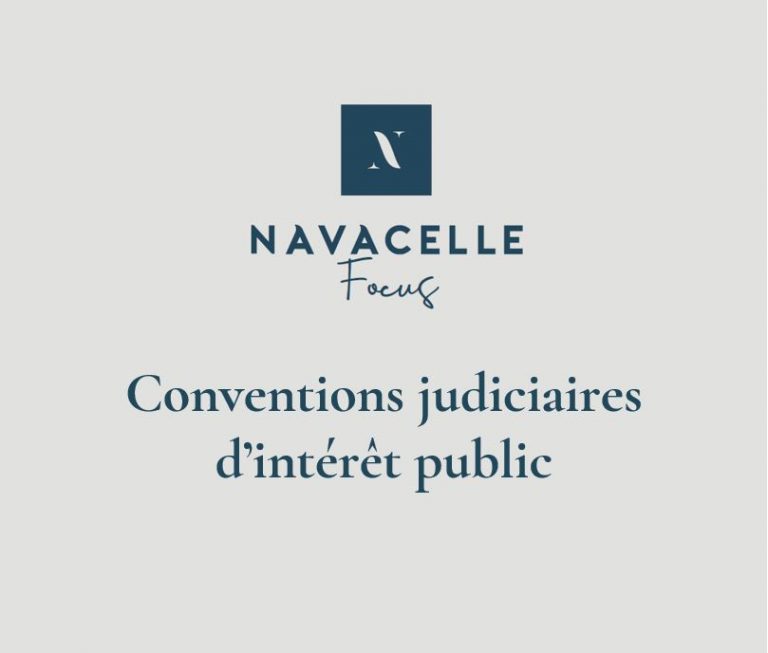In response to the coronavirus pandemic, the French government declared a nation-wide state of emergency on March 23, 2020 [1], enabling the government for a period of 3 months, to take by decree any necessary measures to prevent further spread of the covid-19 in France. The lockdown was issued by decree of the French Minister of Health [2] .
Accordingly, on March 25, 2020, a decree amending French criminal procedure (the “March 25 Decree”) was enacted [3].
Moreover, the law establishing the state of emergency amended the French Public Health Code introducing the offence of violating the lockdown [4] . Individuals are liable for a fine of 135 euros [5]. In case of a second violation occurring within a 15-day period, the fine is increased to 200 euros [6]. In case of a third violation occurring within a 30-day period, individuals face up to a 6-month jail sentence and a 3,750 euro fine [7] . The question of the constitutionality of this measure was brought to the Constitutional Council (Conseil Constitutionnel) which declared it in conformity with the Constitution [8] . On May 11, 2020, a new law extending the state of emergency and completing its provisions was enacted [9] (the “May 11 Law”). The May 11 Law organizes the gradual end of the lockdown period and fixed the end of the state of emergency to July 23, 2020.
I. Protection of prisoners
It stands to reason that jails are especially susceptible to the spread of COVID-19 considering the difficult implementation of “protection measures” as well as the lockdown in cells. Therefore, articles 27 to 29 of the March 25 Decree allowed the Judge responsible for the enforcement of sentences to shorten by two months the sentence of convicted persons imprisoned during the state of emergency [10] , to grant early release to prisoners whose remaining detention period is 2 months or less [11] and to convert sentences of 6 months’ imprisonment into community service and day-fines, inter alia.
On April 29, 2020, the French Minister of Justice stated that the number of prisoners had decreased by 11 500 since March 16, 2020 [12] . This unprecedented decline is due both to a decrease of court proceedings and to these early release measures.
However, these measures were rather paradoxical considering notably Article 16 of the March 25 Decree which extended automatically the custody time limits by two months when the prison sentence incurred was less than or equal to five years, by three months in other cases and by six months for the cases heard before the Court of Appeal. These extensions were widely criticized and gave rise to a number of procedures initiated before the French Administrative Supreme Court (Conseil d’Etat), notably by the Paris Bar Association as well as by the French National Bar Council requesting the suspension of the enforcement of the measures at stake. These requests were denied [13] . However, on May 26, 2020, the French Criminal and Civil Supreme court (Cour de cassation) specified these rules by stating that the extensions require the control of a judicial judge at short notice regarding the necessity of the custody. In all cases where such judicial control has not been or can no longer be carried out, the person in custody shall be released [14] The debate went on, when the Cour de cassation transmitted to the Conseil Constitutionnel a question relating to the constitutionality of Article 11 of the March 23 Law, that is to say, to the possibility for government to directly legislate on custody. On July 3, 2020, the Council found this article compatible with the Constitution because it doesn’t preclude the intervention of a judge in a short delay in case of custody. However, the decision suggests that the violation of Constitution could come from a decree issued on the basis of these provisions [15] . This sentence could be understood as an incentive for a new question relating to the constitutionality of the March 25 Decree, adapting the rules of criminal procedure in accordance with the Law n°2020-290 [16].
This exceptional procedure has reached its end. The May 11 Law sets the principle of a gradual return to ordinary law of custody. It adds an article 16-1 in the March 25 Decrees providing that as of 11 May 2020, custody will no longer be extended without a decision of the competent judge taken after an adversarial debate [17] .
II. Protection of officers of the court
As part of early actions taken by the government all hearings were postponed except emergency cases to ensure protection of the officers of the court such as judges and lawyers as well as prosecuted individuals [18] .
In that respect, as of March 12, 2020, the prescriptive period for prosecution and punishment were suspended until one month after the end of the state of emergency [19] . If a legal act interrupted the prescriptive period such act remained legally valid but only took effect at the end of the suspension.
Additionally, the March 25 Decree, modified the procedural rules governing hearings. Thus, hearings could be led by only one judge subject to a decision of the president of the court [20] . It also provided that hearings and rulings could be closed to the public by decision of the president of the court. This measure was rare enough since hearings and judgment are to be pronounced publicly pursuant to article 6§1 of the European Convention on Human Rights. Moreover, the use of videoconferencing was generalized before all criminal courts, save for felony courts (Cour d’assises), without the need to obtain the agreement of the parties [21] .
III. A clarification on criminal liability for decision-makers
Decision-makers such as mayors and employers have been worried about the question of potential judicial consequences for the decisions they have made during the crisis [22] . The issue has been raised during the parliamentary debates before the adoption of the May 11 Law. It addressed the matter by creating a new article L. 3136-2 in the Public Health Code, which provides that for the application of article 121-3 of the Criminal Code relating to the conditions for establishing unintentional criminal liability, account must be taken of “the competence, power and means available to the perpetrator in the crisis situation that justified the state of health emergency, as well as the nature of his missions or functions, in particular as a local authority or employer » [23] . Nevertheless, this provision seems to be more of a way to reassure elected officials than a juridical answer to a real risk. Indeed, a previous 2000 Law [24] already restricted the conditions in which de liability of an elected official could be established.














